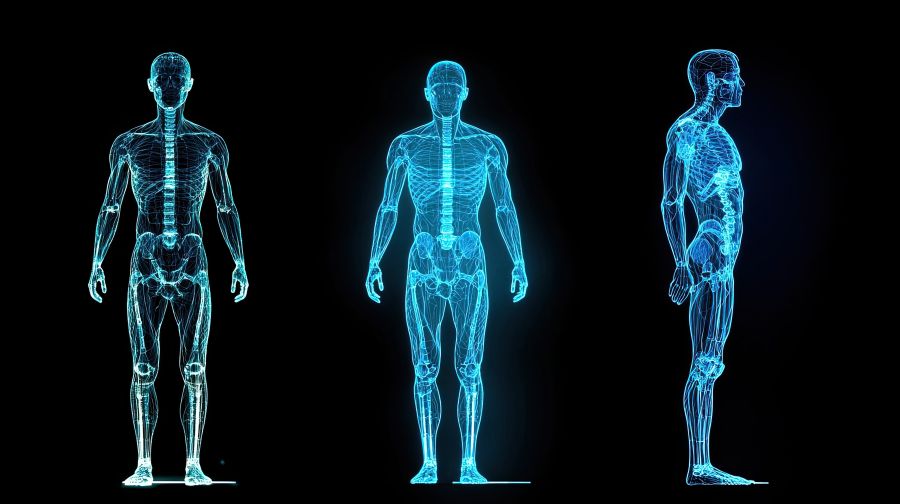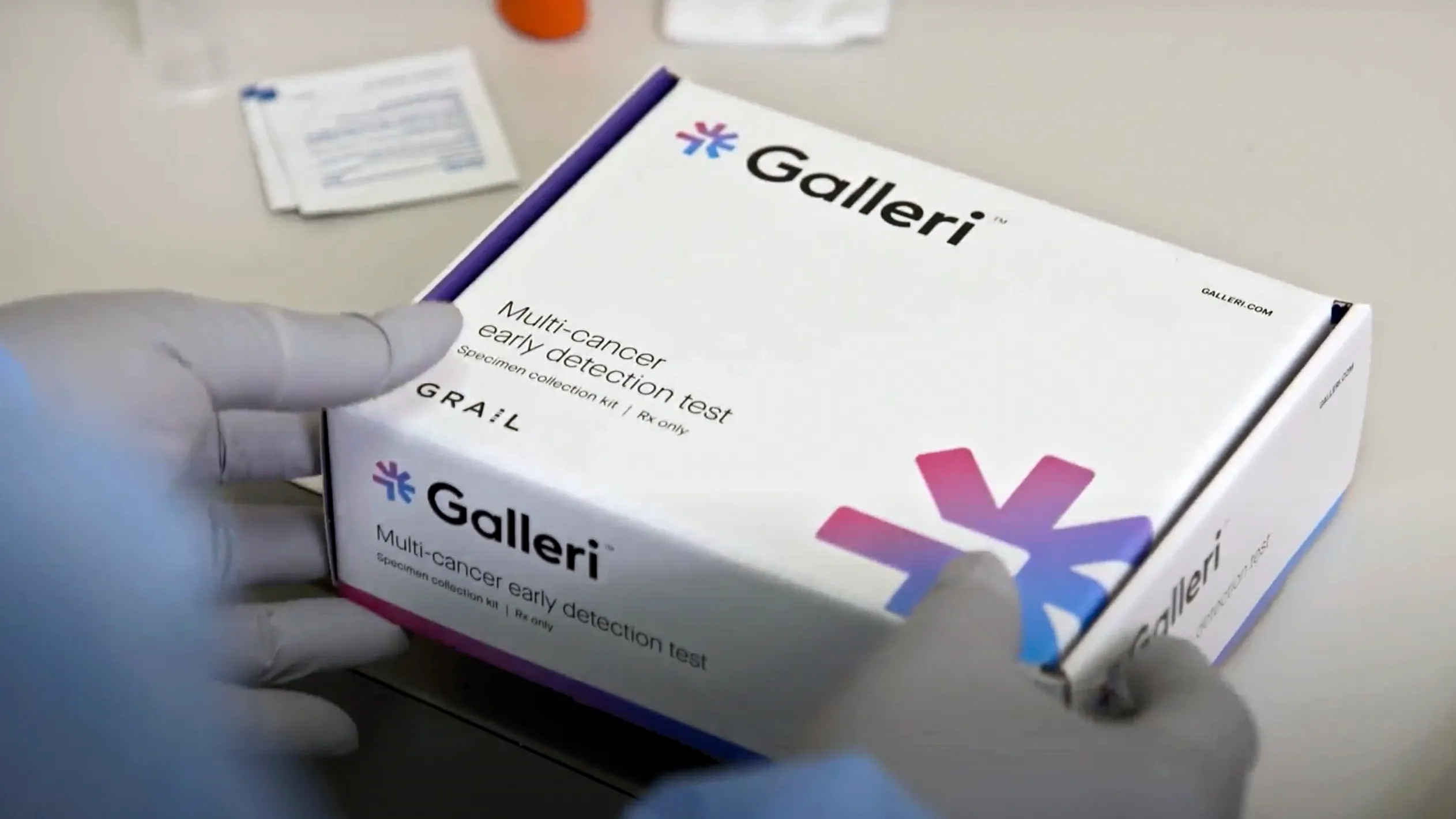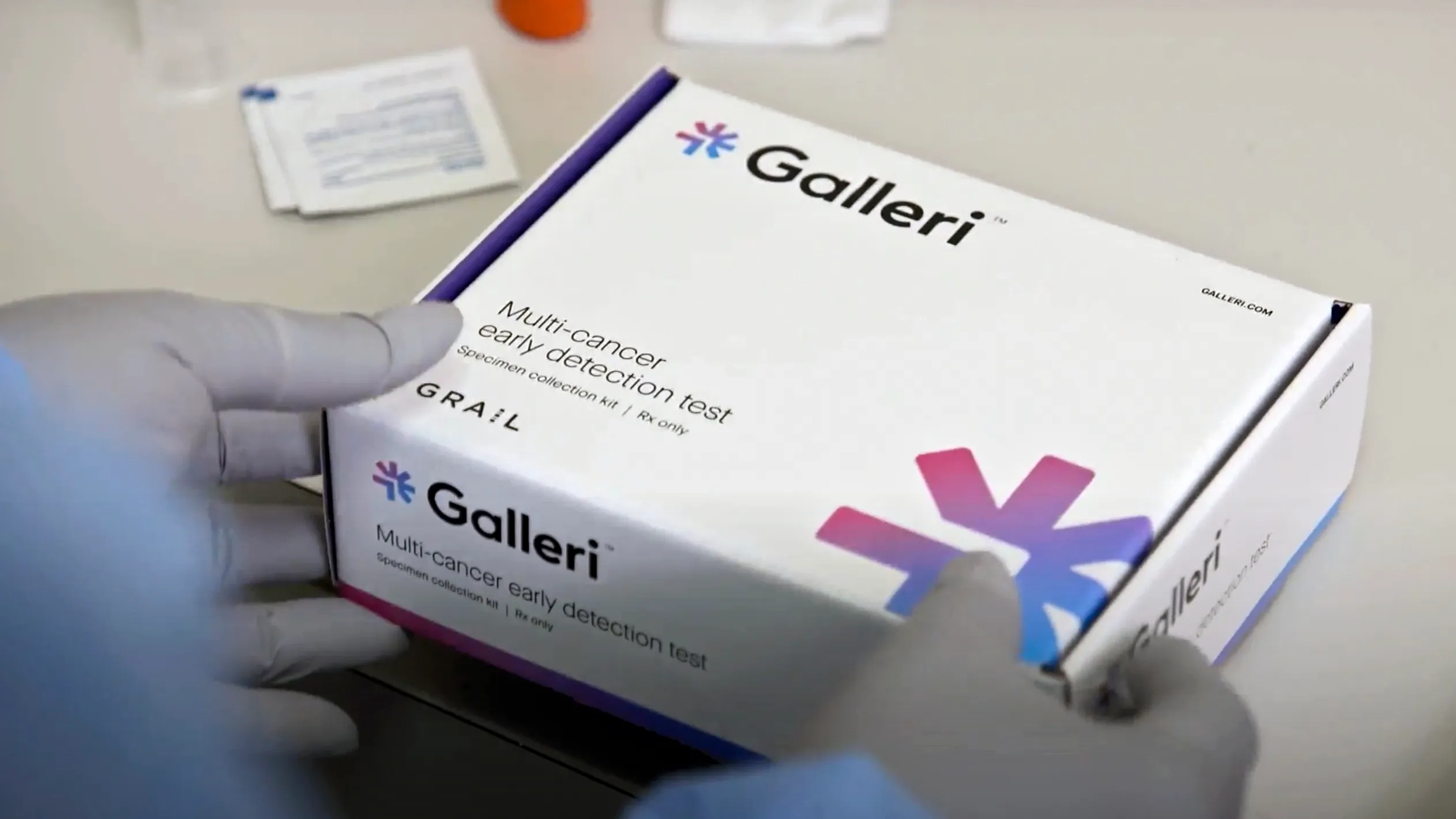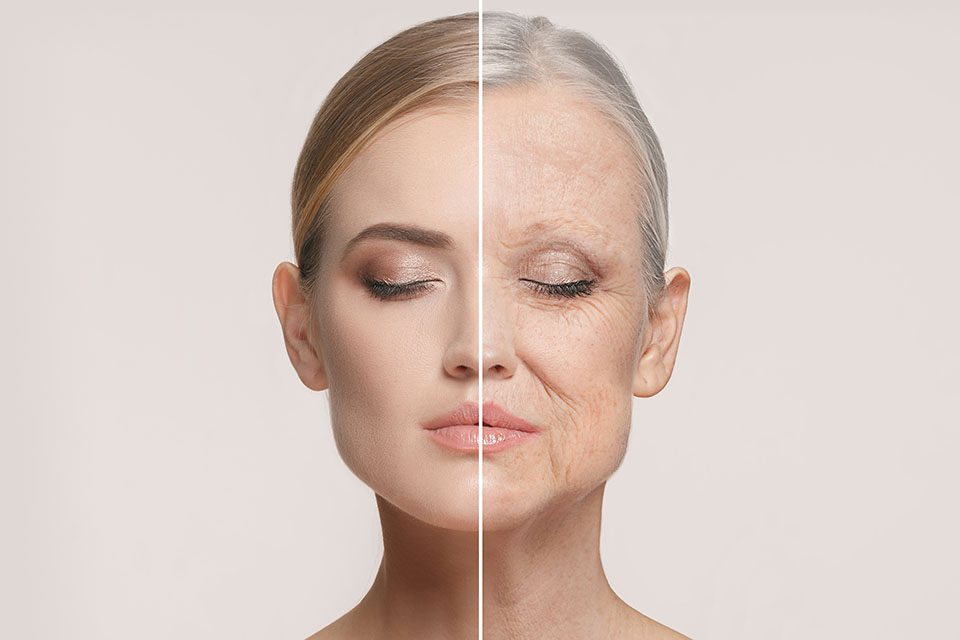
Longevity and Anti-Aging Medicine: Navigating the Science and Myths
Longevity and anti-aging medicine have become increasingly popular fields of interest, fueled by humanity’s eternal quest to extend life and maintain vitality. As of 2025, substantial research supports certain treatments and interventions, while many myths and unproven claims continue to circulate. This article provides clarity on scientifically backed methods to promote longevity, addresses common misconceptions, and explores exciting developments in the field.
Understanding Anti-Aging Medicine
The concept of anti-aging medicine focuses primarily on extending healthspan—the period of life spent in good health—rather than simply prolonging lifespan. Researchers and healthcare professionals aim to slow or reverse age-related physiological changes, reduce chronic disease risk, and improve quality of life in older adults.
The notion of truly reversing aging remains elusive, but slowing the aging process through scientifically validated approaches has become a realistic goal.
Rapamycin (Rapamune): A Front-runner in Anti-Aging Research
One prominent medication under investigation for its anti-aging properties is Rapamycin (brand name: Rapamune). Originally approved as an immunosuppressant for organ transplant patients, rapamycin has demonstrated compelling anti-aging potential in various studies.
Rapamycin functions by inhibiting a biological pathway called mTOR (mechanistic target of rapamycin), involved in cellular aging, growth, and metabolism. Studies have shown rapamycin extending lifespan and improving health markers in animal models significantly:
- Primary Source: “Rapamycin extends lifespan in genetically heterogeneous mice” published in Nature.
- Clinical Trials: Early human trials indicate promising results in immune function enhancement and reduced age-related decline (ClinicalTrials.gov).
Despite promising results, rapamycin has potential side effects, including immunosuppression risks, mouth ulcers, and metabolic changes. Therefore, careful supervision by a healthcare professional is critical.
Antioxidants and Vitamins: Effective or Overhyped?
Antioxidants and vitamins have long been touted as key anti-aging supplements. Antioxidants protect cells from oxidative stress, a contributor to aging. Vitamins, essential for numerous metabolic processes, have also been marketed aggressively.
Effective antioxidants include:
- Vitamin C and E: Proven antioxidants that neutralize free radicals and support cellular repair.
- Coenzyme Q10: Critical for energy production in mitochondria, with studies showing benefits in cardiovascular health (PubMed).
However, indiscriminate or excessive supplementation can cause harm. For instance, high doses of Vitamin E have been linked with increased risk of bleeding and cardiovascular problems in some individuals.
Balanced diets rich in fruits, vegetables, nuts, and whole grains naturally provide adequate antioxidants without supplementation risk.
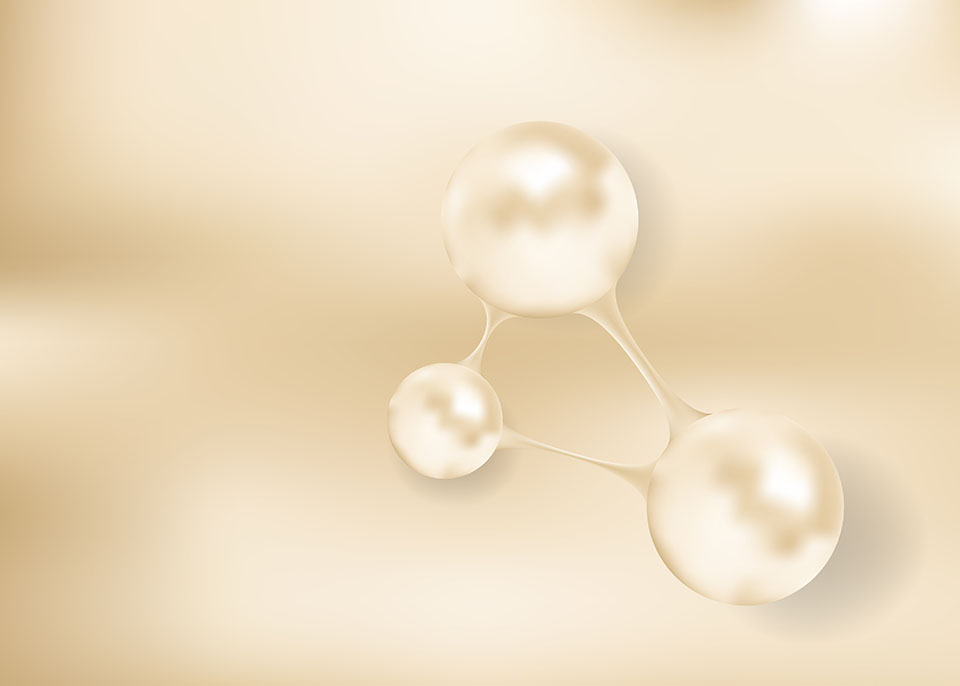
Turmeric and Curcumin: Natural Anti-Aging Power?
Turmeric, a staple in Eastern medicine, contains curcumin, a potent antioxidant and anti-inflammatory compound. Research supports curcumin’s role in reducing inflammation, improving cognitive function, and supporting cardiovascular health:
- Primary Source: Curcumin and inflammation (MDPI).
- Cognitive Benefits: Early evidence suggests cognitive improvement and potential neuroprotective effects (Frontiers in Aging Neuroscience).
However, bioavailability remains a challenge, and supplementation should ideally include formulations that enhance curcumin absorption, such as those containing piperine (black pepper extract).
Eastern vs. Western Medicine Philosophies
Eastern medicine approaches aging holistically, emphasizing balance, harmony, and prevention. Practices such as acupuncture, Ayurveda, and herbal medicine seek to enhance longevity by supporting overall health.
Western medicine traditionally focuses on treating disease symptoms and applying targeted pharmaceutical and surgical interventions. However, a growing movement toward integrative medicine is blending Eastern holistic strategies with Western scientific rigor, creating a comprehensive approach to longevity.
Caution: Risks of Unproven Anti-Aging Medications
Many anti-aging products marketed aggressively have not been scientifically validated. Supplements and medications not backed by robust clinical trials carry significant risks, including:
- Liver and kidney damage
- Hormonal imbalance
- Allergic reactions
The FDA regularly warns against unproven anti-aging therapies marketed as miracle cures (FDA Warnings). It’s crucial to consult healthcare providers before beginning any new regimen.
The Horizon: Stem Cells and Regenerative Medicine
Stem cell therapy and regenerative medicine represent the next frontier in anti-aging medicine. These therapies aim to repair or replace damaged tissues and organs, potentially reversing aspects of aging at the cellular level.
- Primary Research: Stem cell therapies for aging (National Institutes of Health).
- Regenerative Medicine: Advances in bioengineering organs, regenerating tissue, and reversing degenerative diseases have shown promise in preclinical studies (Nature).
While stem cell treatments offer hope, they remain largely experimental, with safety and efficacy still being rigorously studied. Regulatory oversight is crucial due to potential complications, including immune rejection and tumor formation.
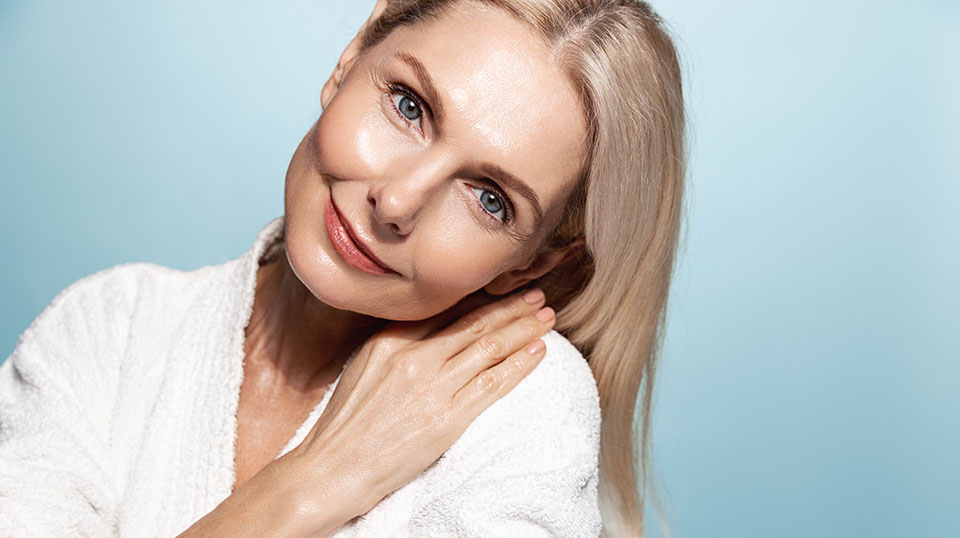
Practical Strategies for Longevity
While researchers continue investigating pharmacological and biological interventions, individuals can adopt scientifically supported practices to enhance longevity:
- Regular physical exercise (aerobic, resistance, flexibility, balance)
- Mediterranean or plant-based dietary patterns
- Stress management techniques (meditation, yoga)
- Adequate sleep hygiene
- Routine health screenings and preventive care
Conclusion
Longevity and anti-aging medicine hold genuine promise, especially when grounded in scientific evidence and integrated into broader health strategies. While certain medications like Rapamycin demonstrate compelling potential, holistic practices, balanced nutrition, and healthy lifestyles form the foundation of sustainable longevity. Ongoing research into regenerative medicine and stem cells continues to open exciting avenues. However, caution against unproven products and unregulated therapies remains vital for safety and effectiveness.
Embracing evidence-based longevity medicine provides not just longer life, but higher quality and vitality throughout one’s lifespan.
Sources and References:
Nature: Advances in Regenerative Medicine
Nature: Rapamycin Lifespan Study
ClinicalTrials.gov: Rapamycin Aging Studies
MDPI: Curcumin’s Health Effects
Frontiers in Aging Neuroscience: Curcumin and Cognitive Function

This article reviewed by Jim Liu, MD
Umedoc Founder
There’s nothing more important than our good health – that’s our principal capital asset.
#medical #telehealth #umedoc #longevity #anti-aging









